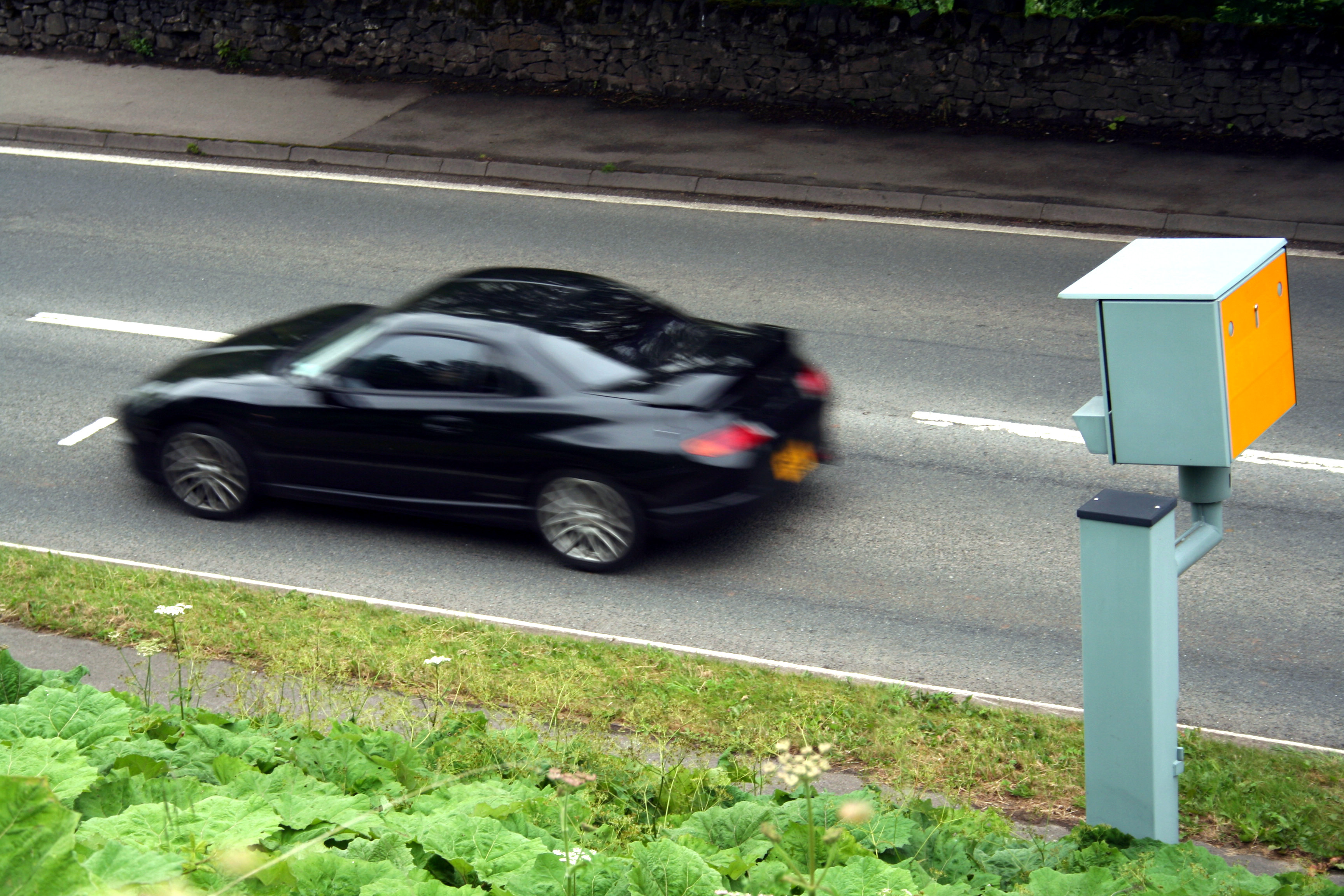Insurance
Motor offence reforms ‘not tough enough’ – AA members

An overwhelming majority of drivers believe motor offence reforms that bring the fixed penalty for driving without insurance up from £200 to £300 are not stringent enough.
A survey carried out by the AA and Populus of almost 20,000 AA members revealed that 81% of those polled said that the £100 fixed penalty rise was not tough enough, while 71% claim that six penalty points for a driving without insurance offence is also insufficient.
The results of the research, which coincide with today’s launch of the motoring offence reforms, suggest that drivers are angry at what appear to be ‘light touch’ penalties for the drivers of the one out of every 25 vehicles estimated to be without insurance.
According to the road safety charity Brake, uninsured drivers are calculated to be responsible for the death of 116 people on UK roads every year.
Simon Douglas, director of AA Insurance, says that while the fixed penalty increase is welcome, it will do nothing to deter the “motoring underclass” who habitually drive without cover.
“These are typically young men in cars that may have no MoT or tax while offenders often have no driving licence or are already disqualified,” he said.
Last year it was found that 11,000 convicted uninsured drivers had previously been disqualified.
Serious or repeat offenders are likely to be sent to court, or they may elect to do so, where the maximum fine available is £5000. However, because the fine is means-tested the average imposed is only £299, less than the new fixed penalty.
Last year 53% of court fines for uninsured driving were under £200, six times less than what the AA Insurance Premium Index calculates the typical £1211 cost of car insurance for a motorist aged 17-22 with no convictions and a clean licence to be.
The AA survey also showed that 35% of the 19 949 individuals polled agreed that fines should be means-tested, 45% felt that fines make no difference and 32% disagreed.
Just over half (54%) believed that offenders should face a prison sentence, while 63% said that electronic tagging should be used to prevent re-offending.
Three-quarters claimed that community payback (formerly known as community service) orders should be imposed. Most (81%) agreed that an offender’s car should always be confiscated.
The research shows significant differences between gender and age groups, with men appearing to be less forgiving than women. For example, 21% of women felt the new £300 penalty is about right compared with only 14% of men.
Similarly, with 58% of men believing offenders should face a prison sentence compared with 48% of women.
Young drivers are more likely to think that the new penalty is too tough, with 5% of 18 to 24 year-olds and 4% of 25 to 34 year-olds polled saying so. This compared with 2% of all age groups.
Similarly, only 63% of young drivers thought the penalty not tough enough compared with 81% overall.
Douglas added: “For the habitual offender who is used to the inside of a courtroom the present fines are hardly a disincentive. Many go on to obtain another cheap banger for cash, no questions asked, and continue offending.”
Although the number of uninsured drivers has fallen thanks to the introduction of Continuous Insurance Enforcement in 2011, the chances of being hit by an uninsured driver in Britain are still greater than almost anywhere else in Europe, Douglas claimed.
He said: “Uninsured drivers cost this country at least £380m every year and add about £33 to the cost of every car insurance policy, quite apart from emergency services and court costs. Yet although the penalties are already severe, the current regime is clearly not a deterrent.”
Douglas suggests that if uninsured drivers know they will quickly be identified and stopped it will act as a disincentive and says that increasing automatic number plate recognition coverage could play a large part in doing that.